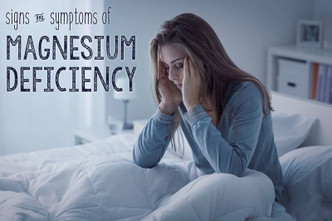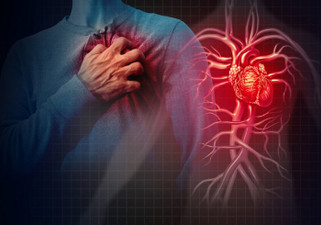Posted by Beyond Health on Nov 3rd 2025
The Omega-3 Index: A Way to Measure Your Tissue Levels of Omega-3 Fatty Acids
We’ve been writing recently about the importance of a particular family of fatty acids called the omega-3 fatty acids. Omega-3s are found in flaxseeds and flax oil, green leafy vegetables, and non-farmed fatty fish, like salmon, anchovies, herring and sardines. Thousands of studies have shown that having high levels of omega-3s in your blood helps to prevent and reverse all kinds of chronic disease, including heart disease, cognitive decline and dementia, diabetes, cancer, depression and anxiety, eye problems like macular degeneration, arthritis, autoimmune disease, neurological disease and more. Wouldn’t it be nice to know exactly how much omega-3s you had in your tissues? Well, now you can! Dr. William Harris is a research professor at the Sanford School of Medicine in South Dakota. He has been studying fish oil and omega-3 fatty acids since the 1970s. With fifty years of research under his belt and over 80 published papers, he is an expert in th…
read more Fuel your life with the purest vitamins
Fuel your life with the purest vitamins








